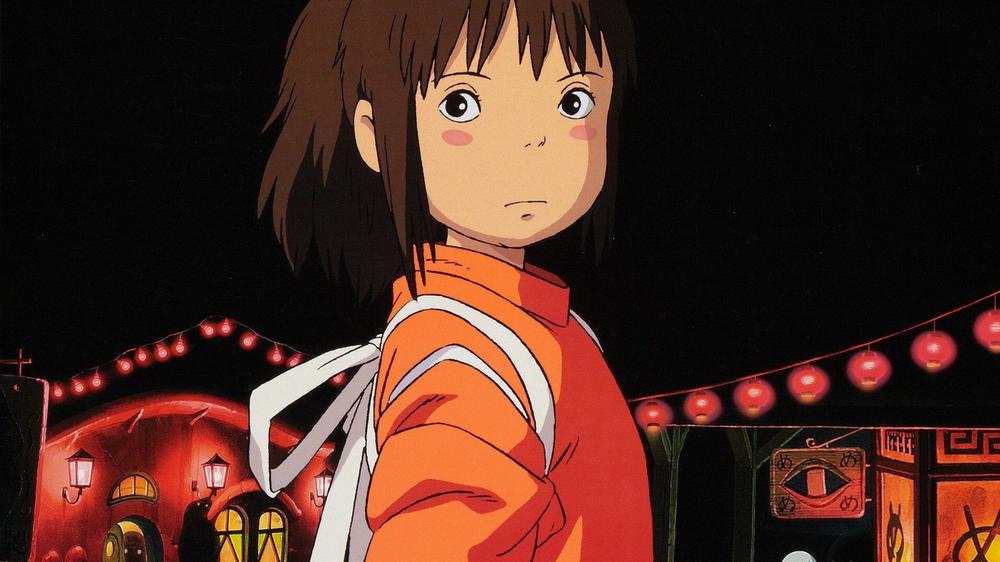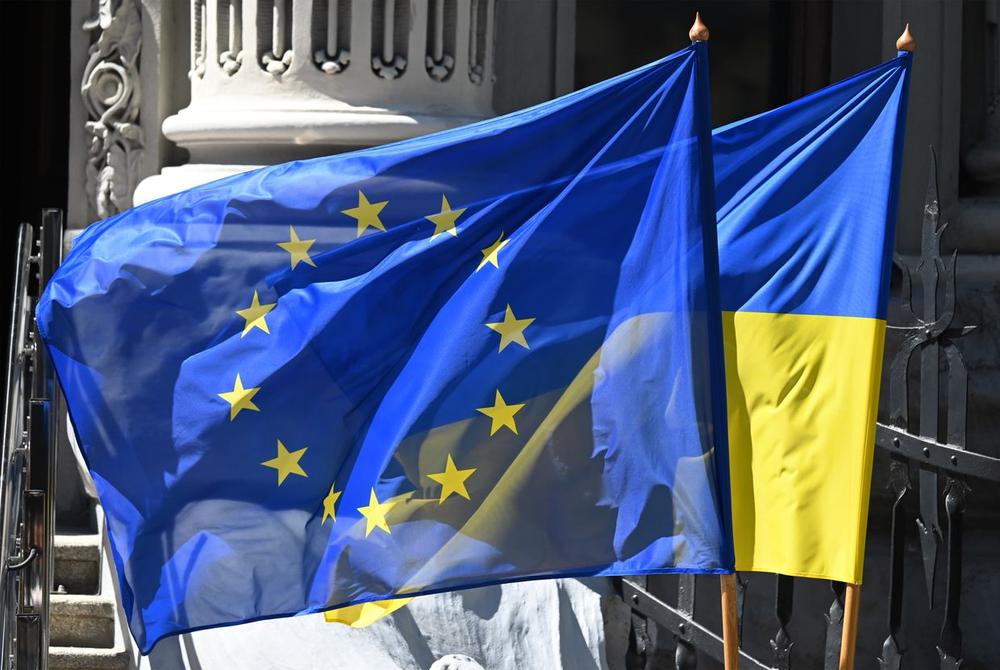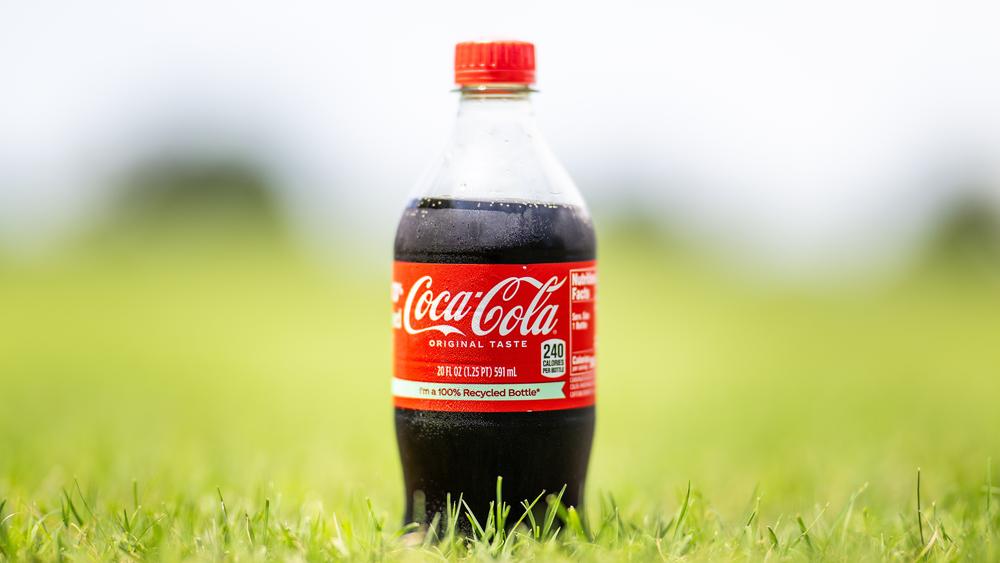A Japanese trade group whose members include Studio Ghibli has sent a letter to OpenAI demanding the company stops using their content to train its Sora 2 video generation platform.
Studio Ghibli has made no secret of its dislike for AI. In a clip that went viral, co-founder Hayao Miyazaki called the technology “an insult to life itself.”
In the 2016 footage, Miyazaki also said: “I am utterly disgusted. If you really want to make creepy stuff you can go ahead and do it. I would never wish to incorporate this technology into my work at all.”
Now Japanese content trade group CODA – which represents the likes of Square Enix, Bandai Namco, Sony Music Entertainment, and Studio Ghilbi – is taking action via an open letter that’s critical of OpenAI’s Sora 2 technology, which creates realistic videos, frequently based on pre-existing material.
CODA claims “copyright infringement” at OpenAI and Sora 2
In a letter dated October 27, 2025 – as reported by Variety – the ‘Content Overseas Distribution Association’ wrote: “CODA has confirmed that a large portion of content produced by Sora 2 closely resembles Japanese content or images.
“CODA has determined that this is the result of using Japanese content as machine learning data. In cases, as with Sora 2, where specific copyrighted works are reproduced or similarly generated as outputs, CODA considers that the act of replication during the machine learning process may constitute copyright infringement.”
CODA also objected to the opt-in policy that was recently in the news when Breaking Bad star Bryan Cranston and acting union SAG-AFTRA complained about deep-fake videos using the actor’s image unless he opted out.
The organization objects to this practice, by which IP owners must alert OpenAI if they don’t want their copyrighted work used in the generative AI model.
According to to CODA, under Japan’s current copyright system, “prior permission is generally required for the use of copyrighted works, and there is no system allowing one to avoid liability for infringement through subsequent objections.”
OpenAI CEO Sam Altman previously went on the record about this issue, writing on October 4, 2025 that “we will give rightsholders more granular control over generation of characters, similar to the opt-in model for likeness but with additional controls.”
But CODA clearly isn’t happy with the current state-of-play, requesting that that OpenAI “responds sincerely to claims and inquiries from CODA member companies regarding copyright infringement related to Sora 2’s outputs.”

 EU approves 1.8 billion euros for Ukraine under long-term funding plan
EU approves 1.8 billion euros for Ukraine under long-term funding plan